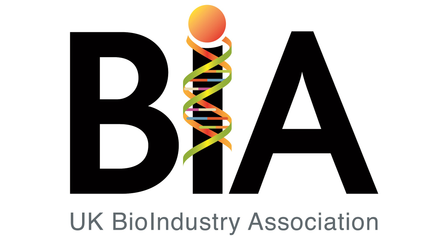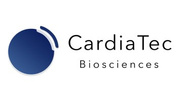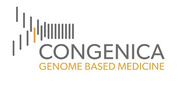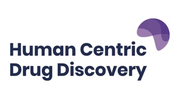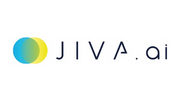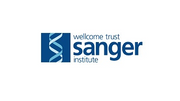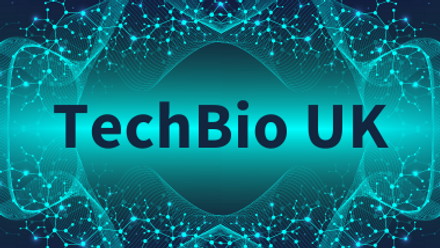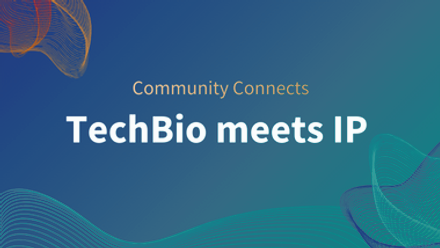What is TechBio?
The life sciences sector is evolving. Biotech companies are using cutting-edge techniques from data-driven tech and AI to transform drug discovery and patient care. We call this interface of biology and technology 'TechBio'.
These companies combine insights from both sectors to draw from a wealth of data, including clinical, genomic and molecular. Their innovations will allow the healthcare system to deliver personalised healthcare to more patients, more quickly, and at a lower cost.
The UK is uniquely placed to harness this combination of strengths in technology and the life sciences; join us as we lead the techbio policy revolution.
TechBio policy priority: access to data
Given its central importance to TechBio companies, data access is a key policy priority for the BIA. We’re focusing on the governance and contracting associated with data access, as well as the technical side of data standards and environments. Read our recent policy work in this space:
Health impacts of data access
The aim of analysing health data is to improve our health and well-being. Data collected for a variety of reasons, including during routine care, can be used again for research and innovation. Industry plays a key part in medical research; discovering new treatments and ways to diagnose disease. Innovators in the industry must adhere to high standards of ethical and legal governance as well as data protection in order to access health data. We are showcasing the impact of health data access through our industry case studies. These examples outline health benefits made possible through industry accessing health data.
Data, AI and Genomics Advisory Committee (DAGAC)
The BIA’s Data, AI and Genomics Advisory Committee (DAGAC) leads the BIA’s techbio policy development, drawing on the expertise and experience of thought leaders from across technology in life sciences. The committee helps shape the regulatory, policy and business environment for this vital subsector, seeking to make the UK the best place to start and scale Techbio companies, by improving the landscape for data, AI, genomics and precision medicine.
The committee's policy priorities are to ensure that the UK has the best environment for precision and preventative medicine. This includes focusing on the key pillars of health data, Artificial intelligence and functional genomics. The committee works with key stakeholders to improve the process of applying for and accessing health data in the UK. It champions the transformative potential of functional genomics and monitors the regulation of AI to ensure it doesn’t stifle innovation. Finally, the group works the BIA’s rare disease industry group to improve the precision and preventative medicine landscape in the UK.

